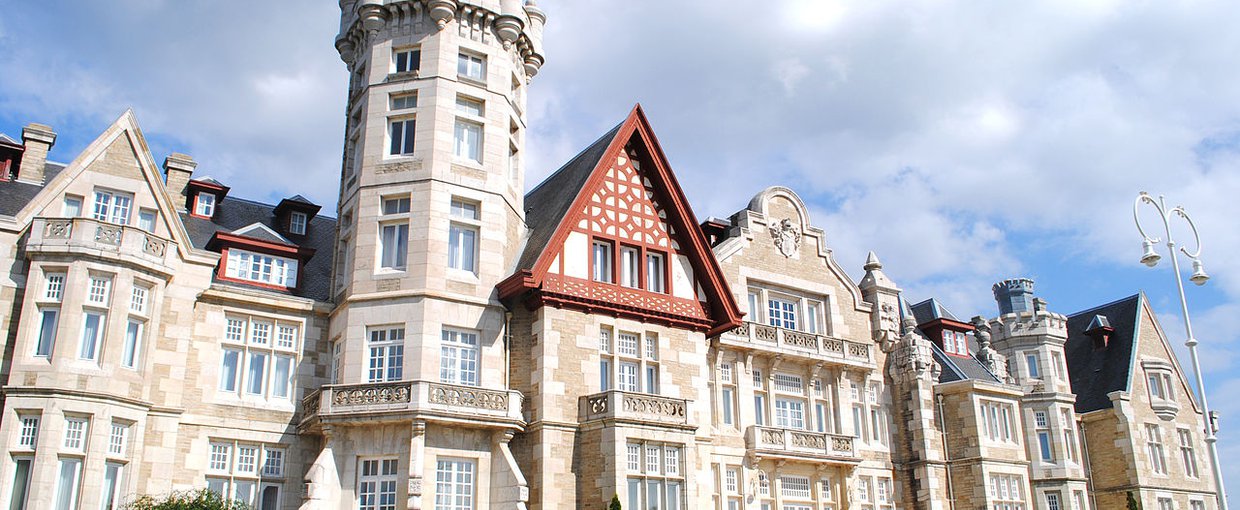The Josep Comas i Solà International Astrobiology Summer School is co-organized by the NASA Astrobiology Program and the Centro de Astrobiologia (CAB), INTA-CSIC. Held annually in Santander, Spain, it has become a tradition in the astrobiology community. The week-long program for graduate students and postdoctoral fellows provides lectures from international experts, round-table discussions, student projects, night-sky observations, and a half-day field trip to a nearby site of astrobiological interest.


International Summer School in Astrobiology
The Josep Comas i Solà International Astrobiology Summer School is held annually in Santander, Spain.

Exoplanets: thousands of possibilities for complex chemistry and life
Summer School: June 24-28, 2024
US Applications are due April 12, 2024, at 9PM PDT
Applications are now being accepted for the 20th Josep Comas i Solà International Astrobiology Summer School, which is co-organized by the NASA Astrobiology Program and the Centro de Astrobiología (CAB), INTA-CSIC. This program, which is held annually in Santander, Spain, has become a tradition in the astrobiology community. The week-long program for graduate students and postdoctoral fellows provides lectures from international experts, roundtable discussions, student projects, night-sky observations, and a half-day field trip to a nearby site of astrobiological interest.
With more than 5,500 exoplanets now detected and the next generation of ground- and space-based telescopes either in service or in development, we are on the verge of moving beyond mere detection to detailed characterization of these distant worlds by studying their atmospheres.. As we do so, learning more about the formation and evolution of Earth and the other members of our solar system will better enable us to understand the characteristics, processes, and dynamics of exoplanets and the telltale signatures contained in the their atmospheres.
Four experts in astrobiology, who are also recognized as outstanding teachers (two American and two European), will:
- Share the latest news and discoveries in their field
- Discuss existing and new telescopes, technological challenges, and design considerations for future observations
- Cover frontier research in the co-evolution of life and the biosphere
- Explore recent progress in planetary atmosphere and biosignature modeling
Application for US candidates: https://forms.gle/6J8SPfgJJ5gkyYXB9
Letter of Recommendation: https://forms.gle/ondoMoSYTQ71YFi68
We invite interested Doctoral (PhD) students and early career Postdocs whose research is related to the topics of the school to apply below. Candidates may apply through the links above.
Application for ESA candidates: Available for tertiary education students from ESA Member States, Canada, Latvia, Lithuania, Slovakia and Slovenia, enrolled as graduate or PhD student in a university, or recent postdocs researching a subject which is related to one or more of the summer School topics.
Those from other countries belonging to the European Higher Education Area, (EHEA: http://www.ehea.info/page-members) should apply through the UIMP program.
ESA Applications are due April 21, 2024
Application for UIMP candidates:
Program contacts:
US candidates: melissa.kirven-brooks@nasa.gov
ESA candidates: Miguel.Mas-Hesse@cab.inta-csic.es
UIMP candidates: